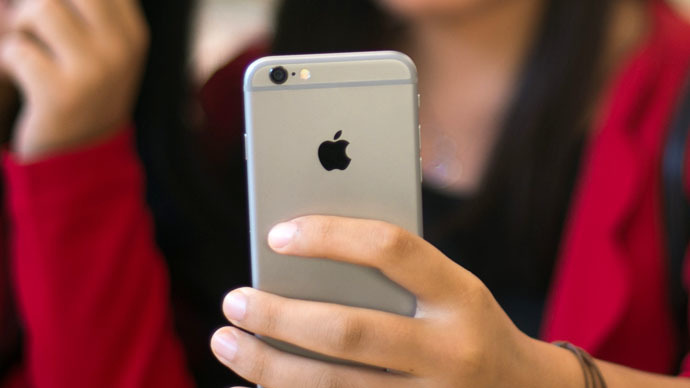Apple pulls switch on products in Crimea over US-Russia standoff

America’s Apple Inc. has halted all product sales in Crimea in order to comply with US sanctions banning economic activity with the region, which the US still recognizes as Ukraine, not Russia. The sales ban will go into effect on the first of February.
Though Apple doesn’t have any official stores in Crimea, nor any part of the Russian Federation, many products are sold through third party authorized dealers, the biggest being Apple Rus, a subsidiary that handles sales in Russia, and the Russian Republic of Crimea. The dealer can directly supply customers with American products, cutting out middle men.
In a letter penned Wednesday, Apple Rus notified business partners and representatives that all contracts would be terminated, in line with the latest round of US sanctions.
On December 19, the US government published a new set of sanctions that bans the export, re-export, and sale of US good and products to the Crimea region.
A screenshot of the text was posted on Twitter by a recipient of the letter, Eldar Murtazin, an analyst at Mobile Research Group. According to the tweet, Apple products will still be available in Crimea, but they will come via other Russian cities, such as the neighboring Krasnodar Region and Rostov-on-Don, which borders Ukraine.
Earlier this week, Apple cut ties with tech developers in Crimea, in line with the most recent sanctions that prevent the import of US goods.
In December Apple suspended all sales in Russia after the country’s currency lost more than 20 percent in one day.
The US does not recognize the decision Crimea made to join Russia in March of 2014. Instead the US Treasury refers to transactions with the “Russian occupation of the Crimea region of Ukraine.”
Experts say the sale of Apple products through intermediary firms will increase the cost of the products on the peninsula by 10-30 percent.












